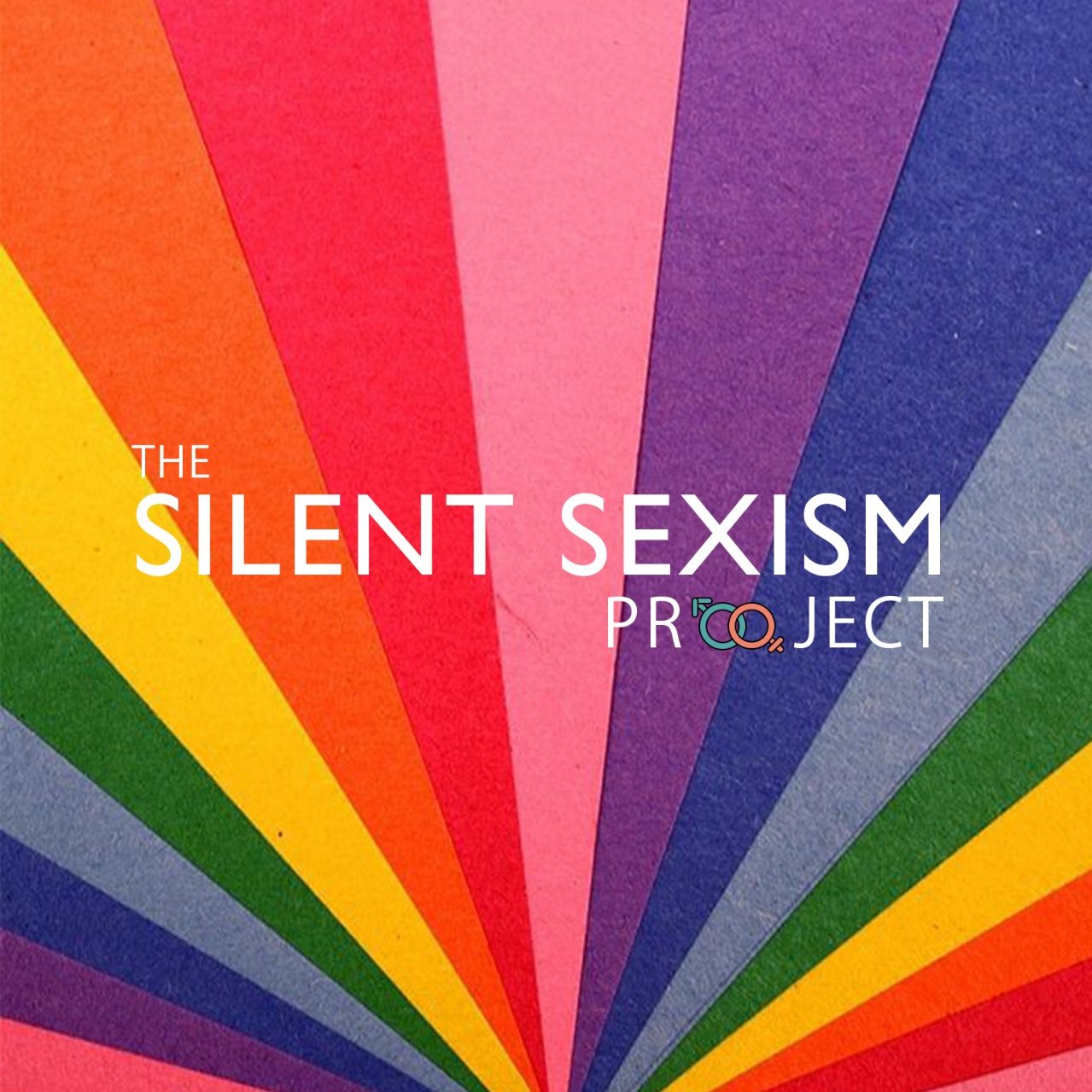WRITTEN BY: SABAH TASLIM
EDITED BY: DARSHNA GUPTA
TRIGGER WARNING: SEXUAL ABUSE
Violence against disabled women and girls is a serious problem that is linked to both gender and disability-based discrimination and exclusion. When these two conditions are combined, the likelihood of violence against girls and women with disabilities is quite high. Women with disabilities go through multiple hurdles that obstruct their access to justice across the world, beginning from the trouble in reporting the incident, itself. This is further acknowledged by the Indian government based on the data available with the Ministry of Health and Family Welfare’s 2014 Guidelines and Protocols for Medico-Legal Care for Victims/Survivors of Sexual Violence.[1]
Despite this awareness and acknowledgement, the government lacks a systematic method to track attacks against women and girls with disabilities, let alone develop plans and procedures to meet their specific needs.
With that narrative in mind, we wanted our readers to understand why this is a specific problem. While we intend to approach these issues in more detail further, later on, this post is a precursor to the array of problems that are atypically faced by women that are differently-abled and have undergone some kind of sexual abuse.[2]
Existing Stigma
The misunderstandings about the sexuality issues of a differently-abled woman, along with the stigma associated with having a physical disadvantage, make it particularly difficult for women and girls with disabilities to obtain family and community support for them to access justice.
Lack of awareness
People in India are frequently unaware of their rights. However, even in areas where civil society and government organizations aim to educate women and girls about their legal rights, information on laws and processes in accessible forms may not reach individuals with disabilities due to who usually have lesser access to information.
Challenges in reporting violence
For women and girls, as well as their families, reporting sexual abuse and seeking justice is a difficult decision, in general. These issues are compounded for disabled women and girls, who face particular stigmatization as a result of their impairment. This situation coupled with social isolation and a general lack of knowledge about legal rights and safeguards forms the basis because of which such cases mostly go unreported by disabled women.
Difficulty in interaction with Police
Women and girls with disabilities may require procedural and age-appropriate accommodations—different forms of help based on their impairments. Most police facilities do not have the training or expert support to handle such cases. And, in majority of the cases, Women and girls with disabilities are unable to receive particular need-based help from the police.
Issues in accessing medical help
Many medical professionals’ inability to appropriately explain medical tests and procedures, as well as their failure to ensure that women and girls with disabilities are comfortable with the process, may contribute to the trauma of sexual abuse.
Obtaining Justice
Domestic violence even on an abled person in the form of a single event or a pattern of control and coercion over a lengthy period of time is known to have a lasting psychological effect. Controlling behaviour refers to a set of actions aimed at making someone subordinate and/or dependent by isolating them from sources of support, abusing their resources and talents, and depriving them of the tools they need to be self-sufficient. There are cases where an abled woman or girl after an episode of sexual assault significantly raises a chance of developing a handicap, especially trauma-induced mental illness. A lack of self-worth, a need for emotional, physical, or financial assistance or even a reliance on a partner for a link to the outside world can all influence how the less abled individual views—or justifies such—a toxic relationship. Differently-abled individuals are frequently told that they are unlovable and undesirable in society, and the abuser confirms this message.[3]
Sexuality is an important aspect of human nature, and everyone, regardless of their ability, deserves to express themselves sexually in a safe manner. To achieve this aim, a comprehensive and deliberate effort to dispel misconceptions, misinformation, and a positive spread of knowledge and awareness is required. Disabled individuals also need to be educated about consent and given access to proper sex education in school starting at a young age.
Advocates, particularly reproductive health, rights, and justice activists and workers must act now to ensure that persons with disabilities are included in their efforts. Disability activists must also make sure that their reproductive health issues are addressed in their campaigning. Together, with a keen sense of empathy and adequate consideration, an inclusive space can be created for all of us.
References:
[1] Guidelines and protocols Medico legal care for survivors victims of sexual violence: Ministry of health and Family Welfare: GOI. Ministry of Health and Family Welfare | GOI. (n.d.). https://main.mohfw.gov.in/reports/guidelines-and-protocols-medico-legal-care-survivors-victims-sexual-violence.
[2] Invisible victims of sexual violence. Human Rights Watch. (2018, April 11). https://www.hrw.org/report/2018/04/03/invisible-victims-sexual-violence/access-justice-women-and-girls-disabilities.
[3] Vilissa Thompson, N. E. (2021, February 12). Sexual violence and the disability community. Center for American Progress. https://www.americanprogress.org/issues/disability/news/2021/02/12/495746/sexual-violence-disability-community/.
